Zimbabwe Police Arrest 95 Amid Anti-Mnangagwa Protests
Authorities detain dozens for allegedly inciting violence during protests demanding President Emmerson Mnangagwa’s resignation.
Zimbabwean police say they have arrested 95 people accused of inciting public violence and disturbing the peace during Monday’s protests in the capital, Harare. Authorities claim they identified participants through social media, WhatsApp groups, and on-site surveillance.
Despite calls for mass demonstrations, turnout was low. Many citizens stayed home, avoiding the streets as a heavy police presence loomed over Harare and other cities. Roadblocks were set up, patrols intensified, and public transport became scarce, effectively shutting down the city. Most businesses remained closed, and streets that usually bustle with vendors and traffic were eerily empty.
The protests were sparked by Blessed Geza, a former senior member of the ruling Zanu-PF party and veteran of Zimbabwe's liberation struggle. Geza is opposing efforts by some within the party to extend Mnangagwa’s rule beyond the constitutionally mandated end of his second term in 2028. He has thrown his support behind Vice-President Constantine Chiwenga as Mnangagwa’s successor.
Geza has publicly called for Mnangagwa’s resignation, urging citizens to “fill the streets” in a final effort to force leadership change. In fiery press conferences, he accused the president of clinging to power, despite earlier statements from Mnangagwa that he would step down in 2028.
The protests saw clashes with security forces. Videos circulating on social media show police using tear gas to disperse demonstrators gathered at Robert Mugabe Square. In one clip, a woman insists the protests were peaceful, stating defiantly, “We’re not going anywhere.” Another protester, a 63-year-old woman on crutches, shared her struggles with poverty and voiced her support for Chiwenga.
Although Vice-President Chiwenga has remained silent on the issue, government officials insist there is no conflict between him and the president.
Criticism of the police response has grown, with some accusing officers of excessive force. Zimbabwe’s security forces have a history of clamping down hard on dissent.
Zanu-PF spokesperson Farai Murapira downplayed the protests, saying social media buzz didn’t translate into real-world action. But political analyst Ibbo Mandaza argued otherwise, calling the shutdown a powerful political message.
The country’s religious leaders have since urged restraint, warning that rising tensions could destabilize an already fragile nation. A fuel station worker told the BBC that most citizens feared the country sliding into civil war.
At the heart of the unrest are growing suspicions that Mnangagwa’s allies want him to stay in power until 2030—despite constitutional limits that cap the presidency at two five-year terms. The slogan “2030 he will still be the leader” has appeared among his supporters, fueling public distrust.
While the president recently reiterated that he would step down after his term ends, skepticism remains high, and calls for leadership change continue to gain momentum.

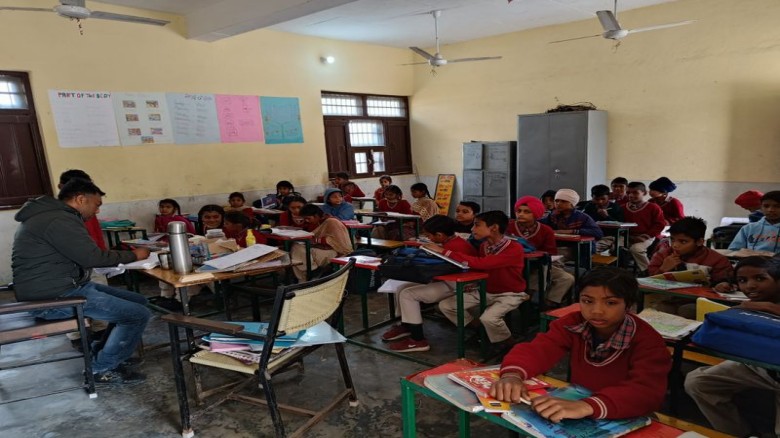
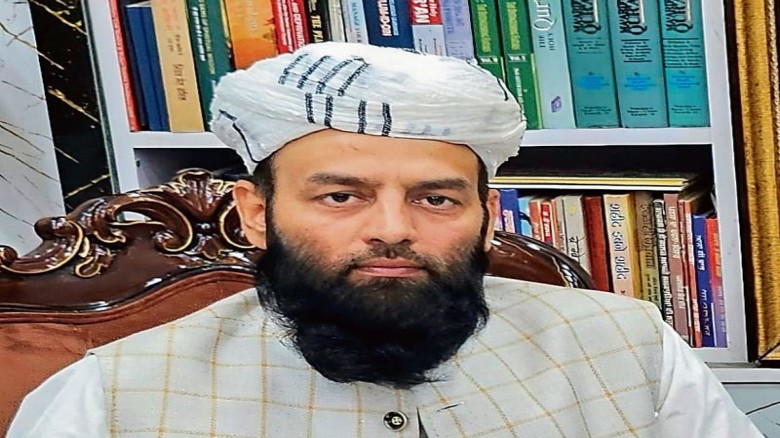
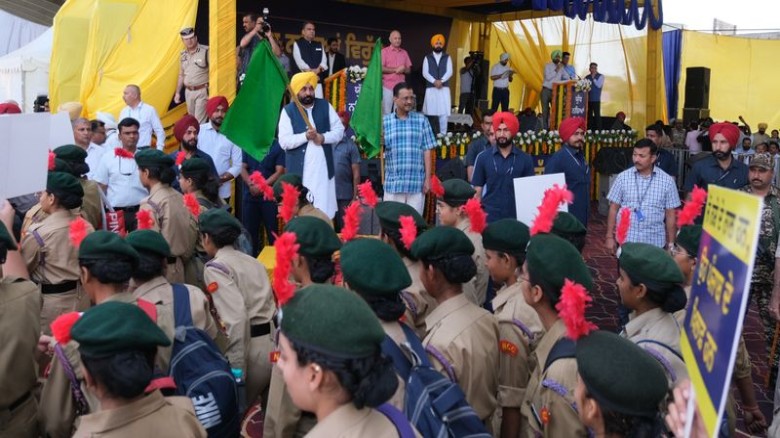
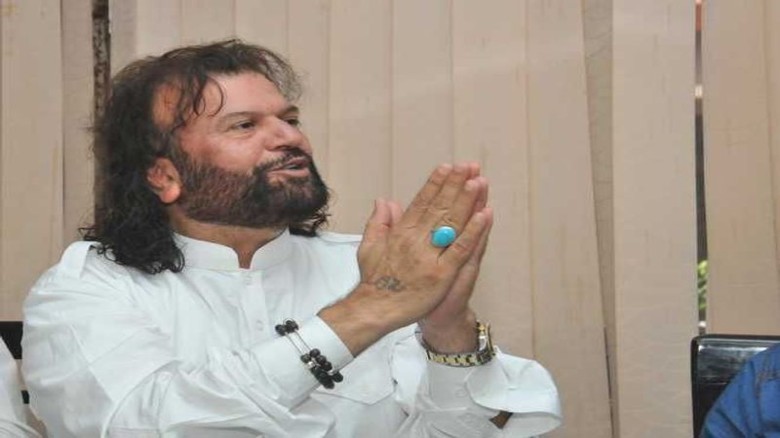
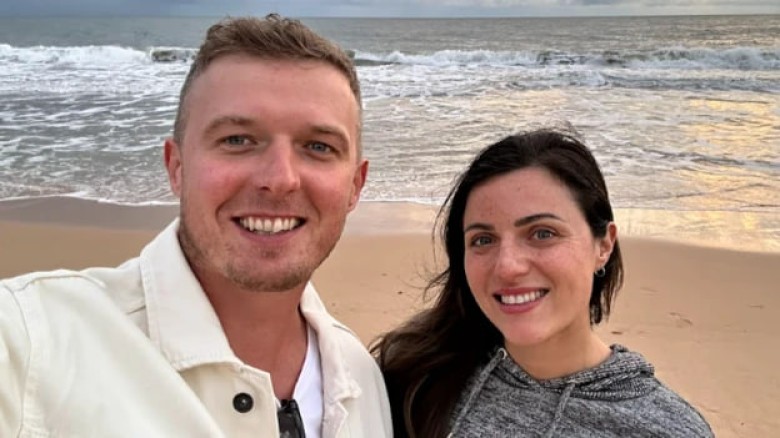
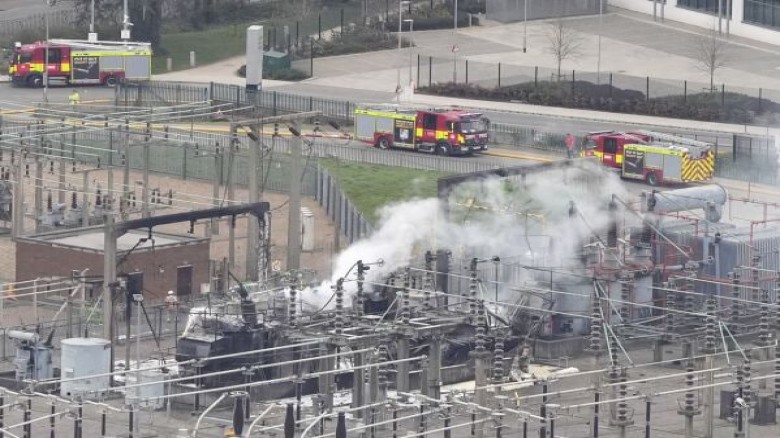
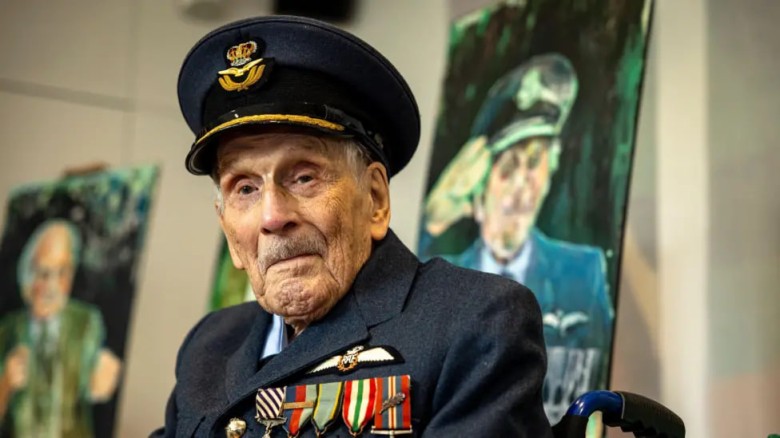

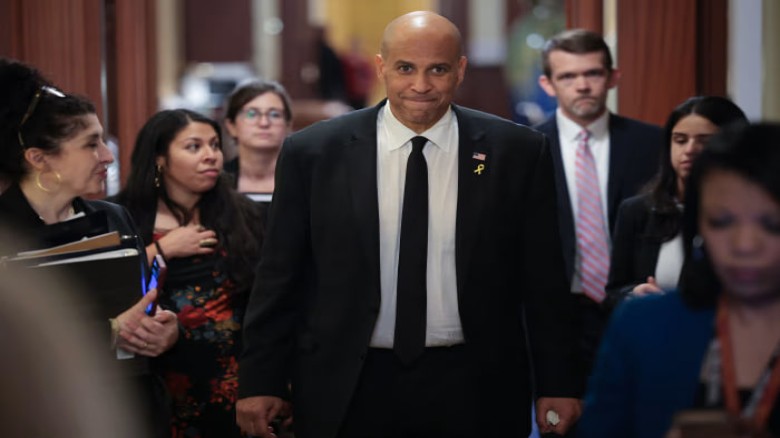
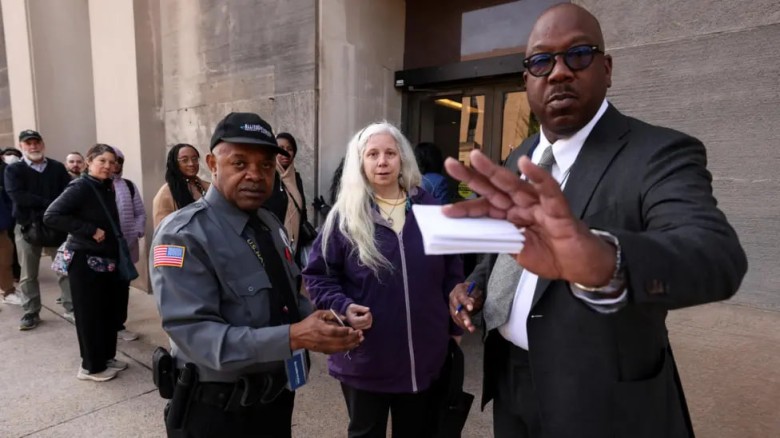
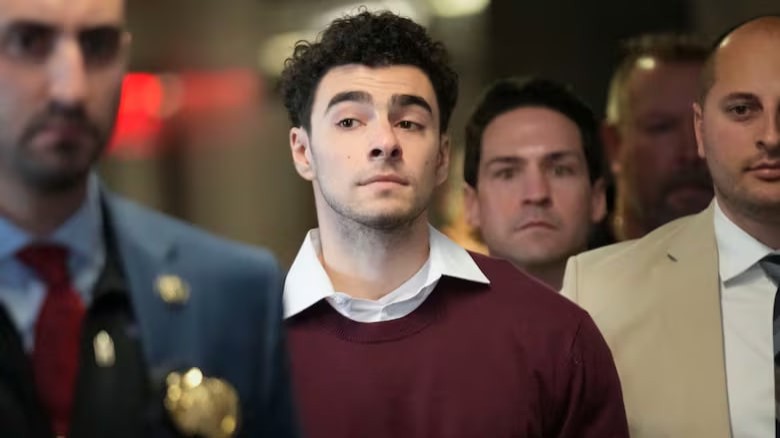
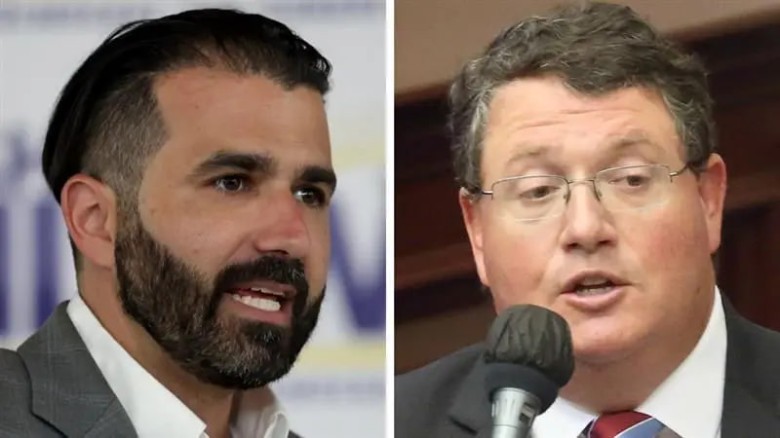

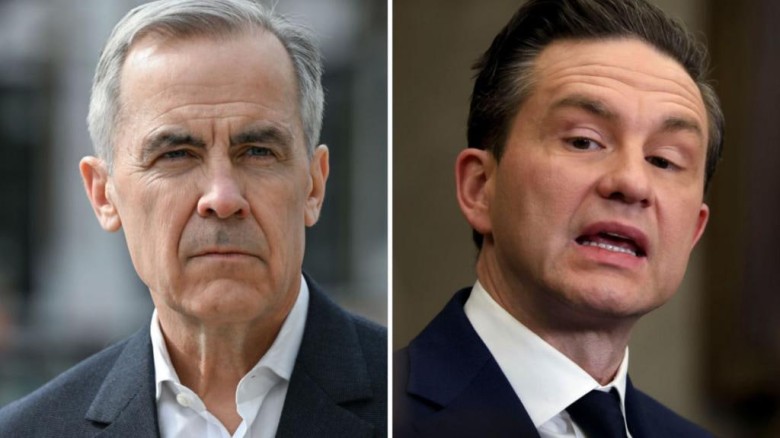
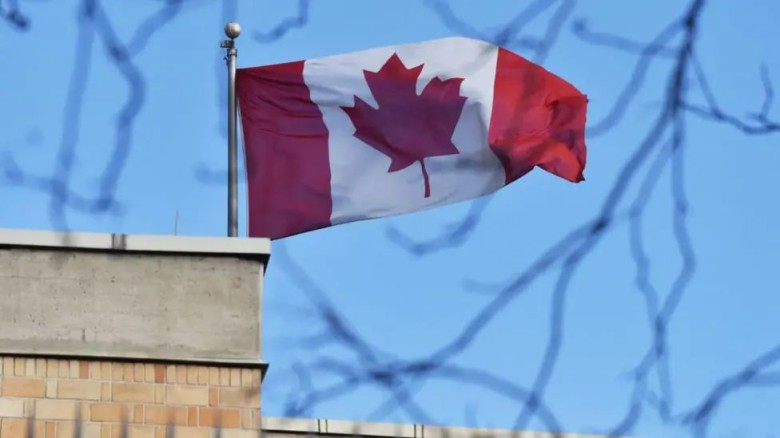
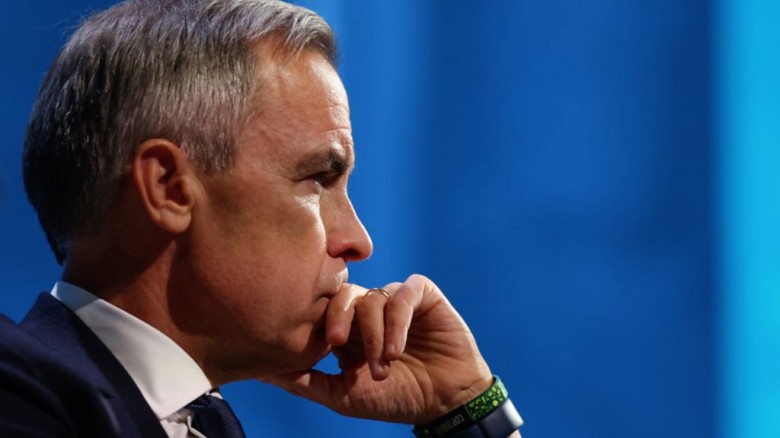
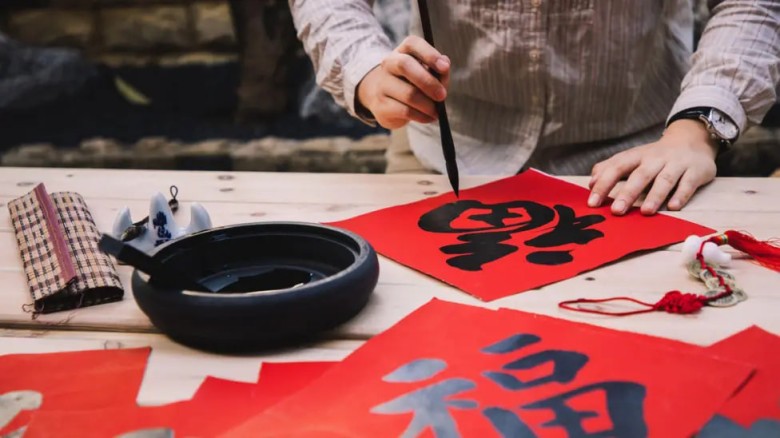
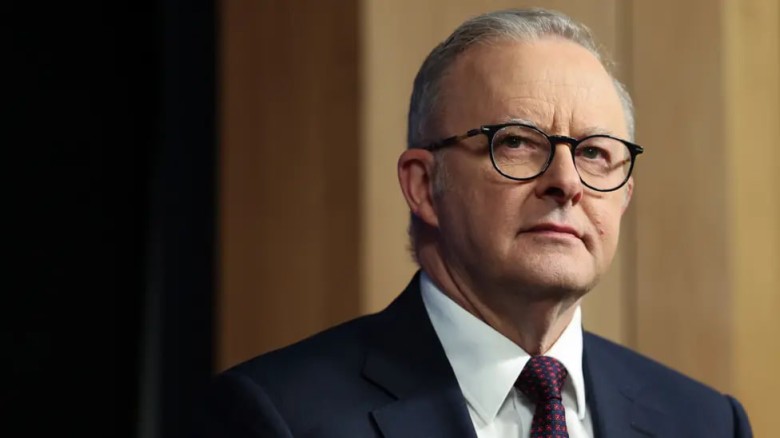
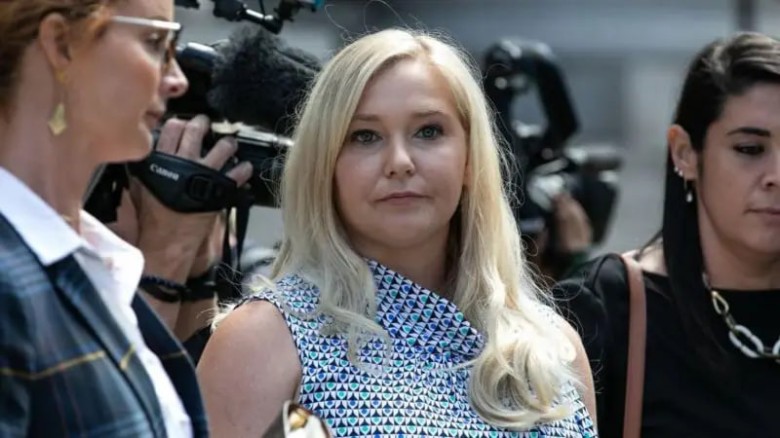
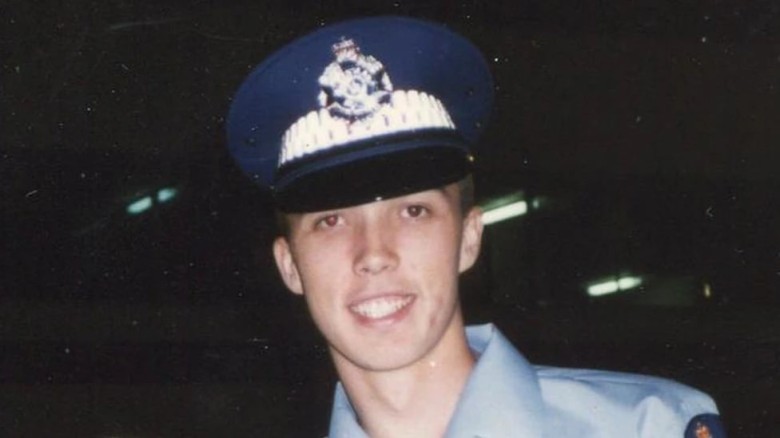
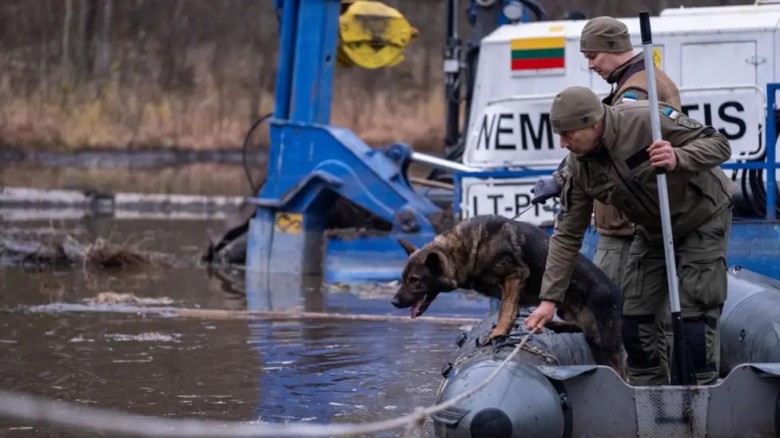
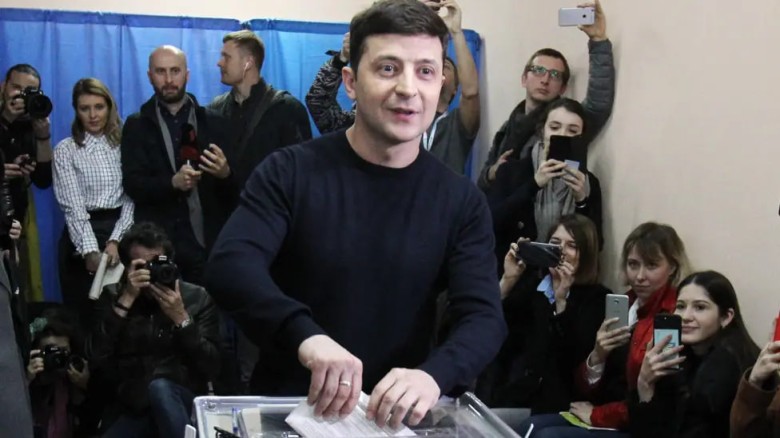
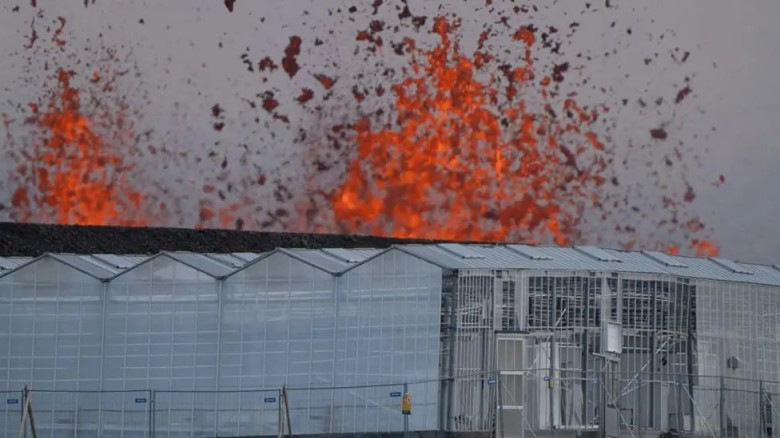
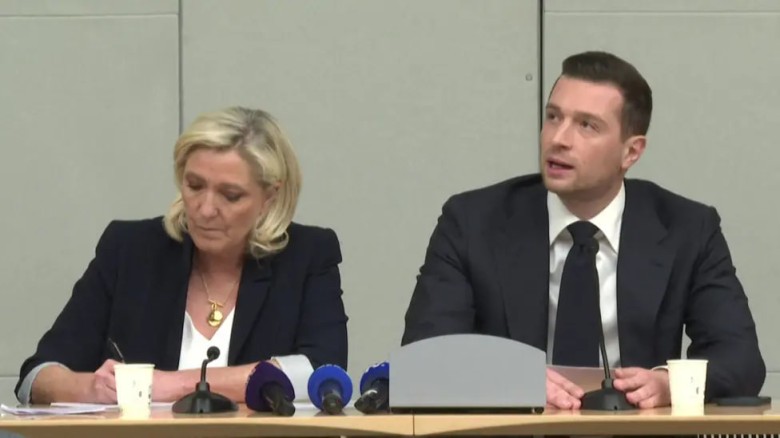
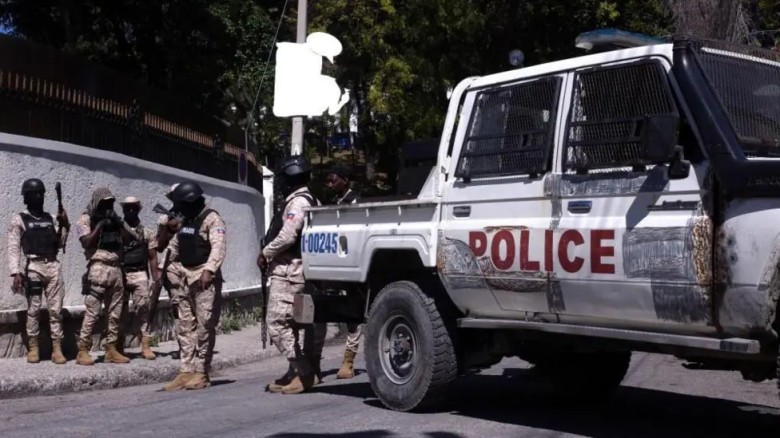
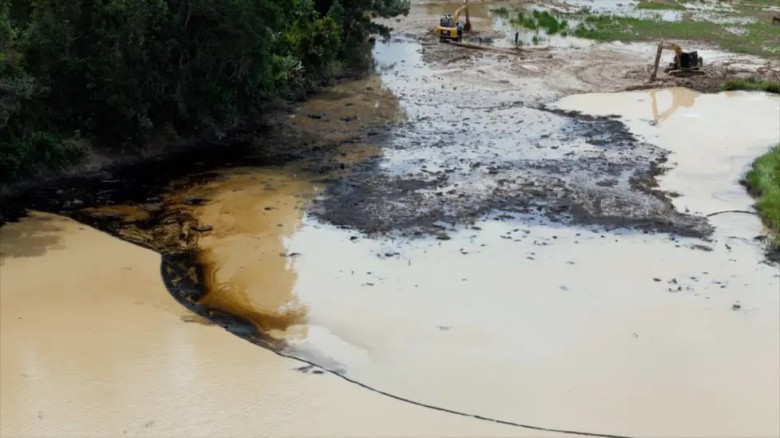
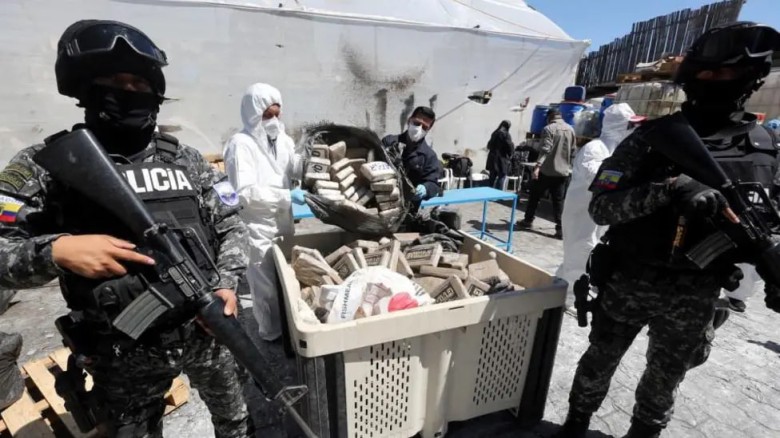
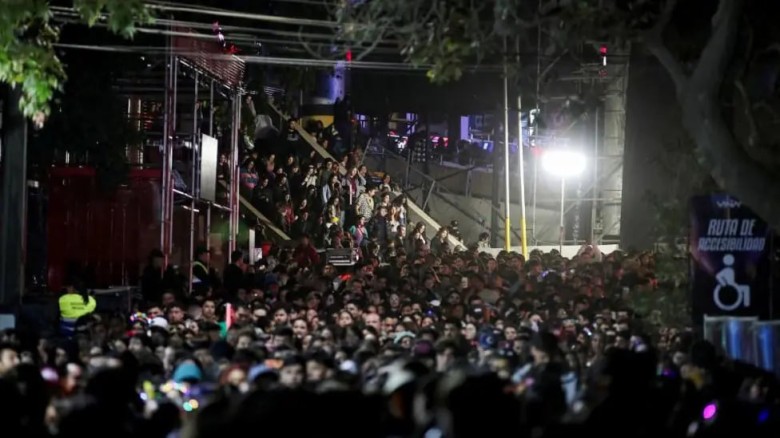





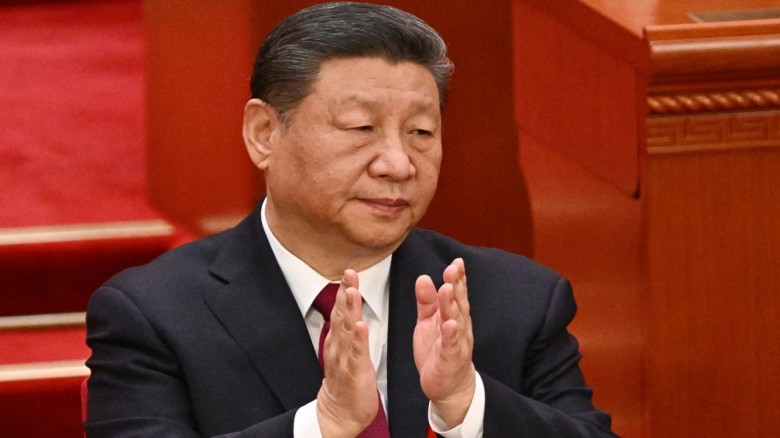
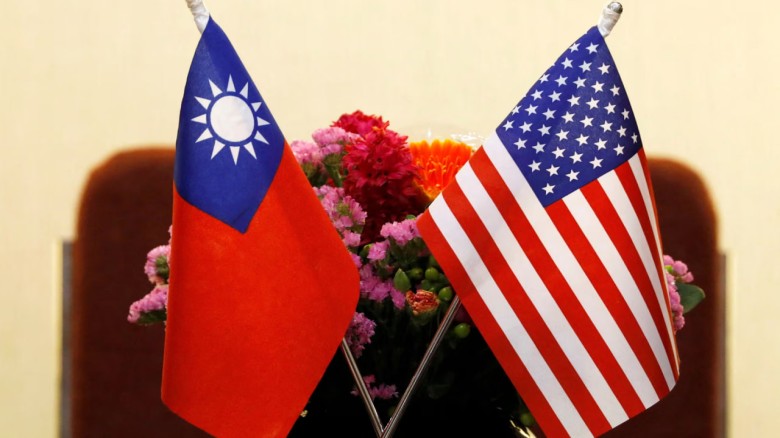

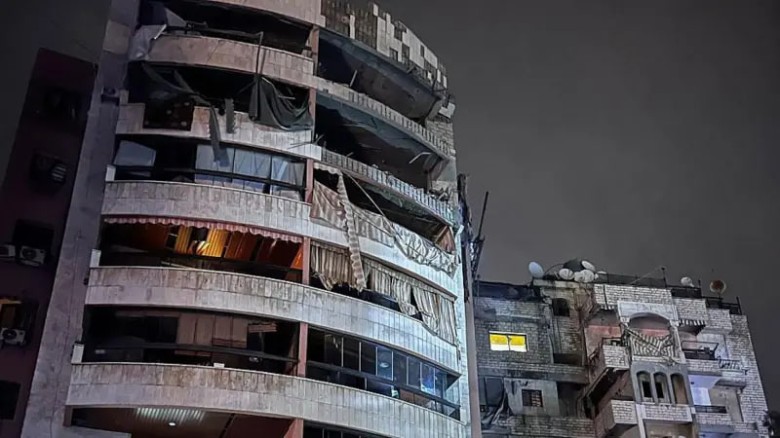
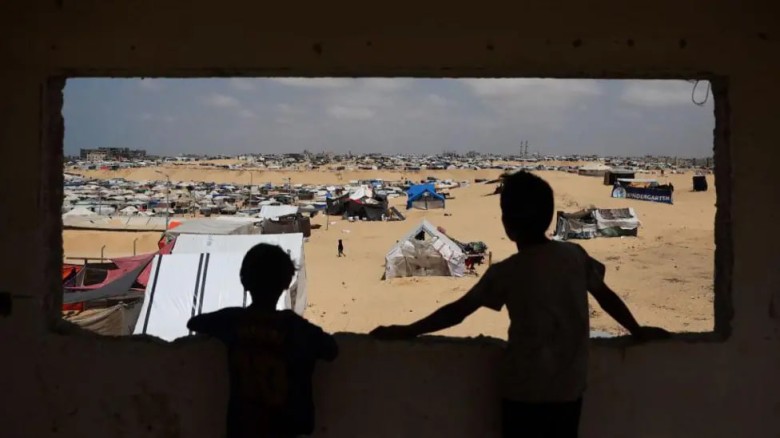
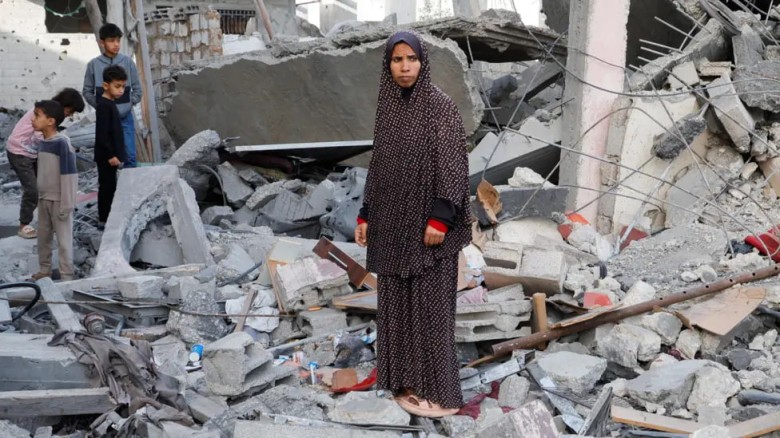
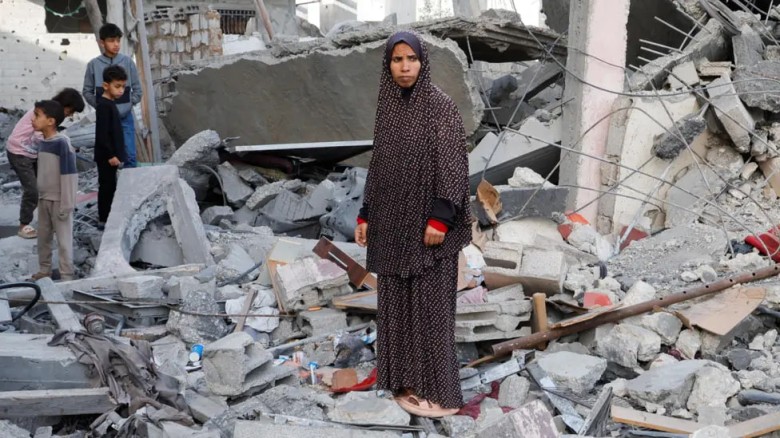

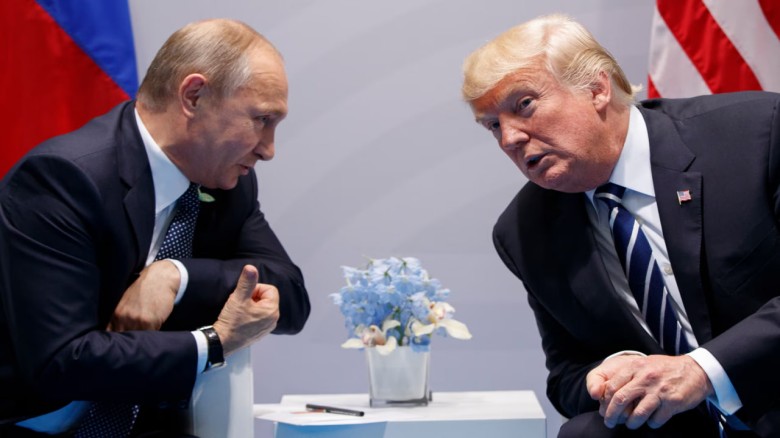
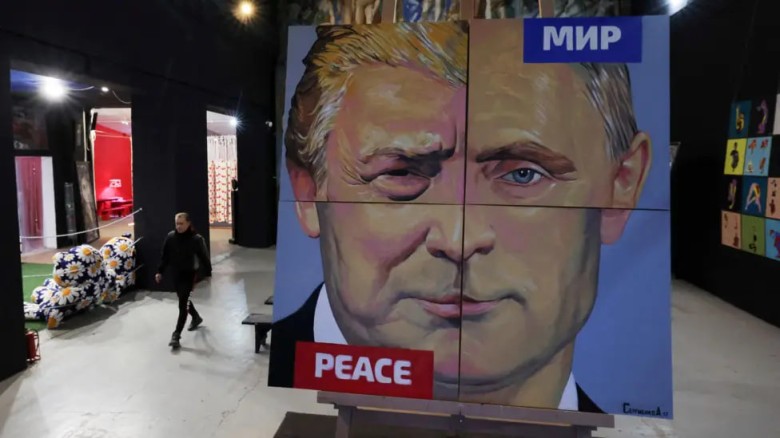
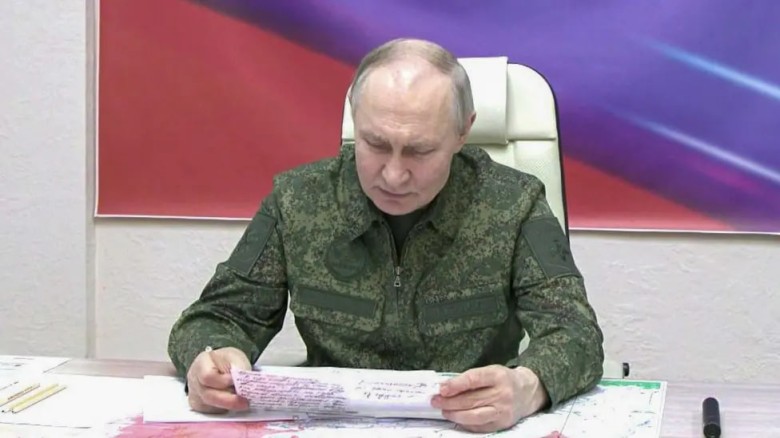



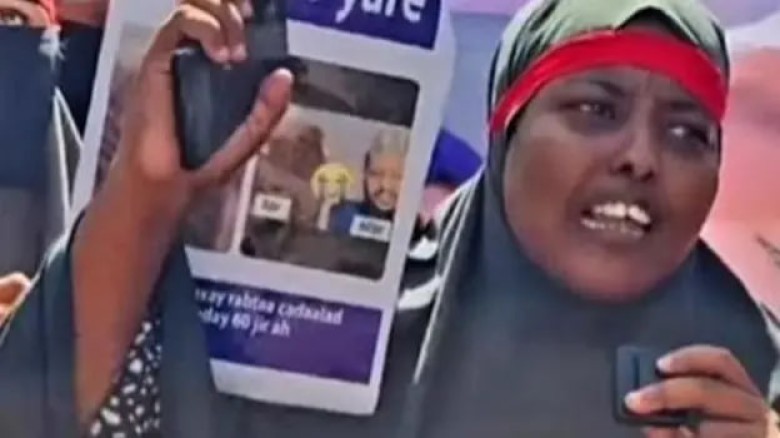
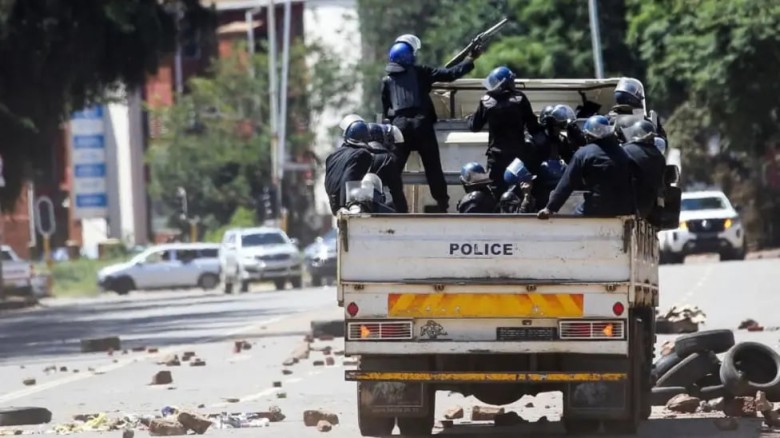
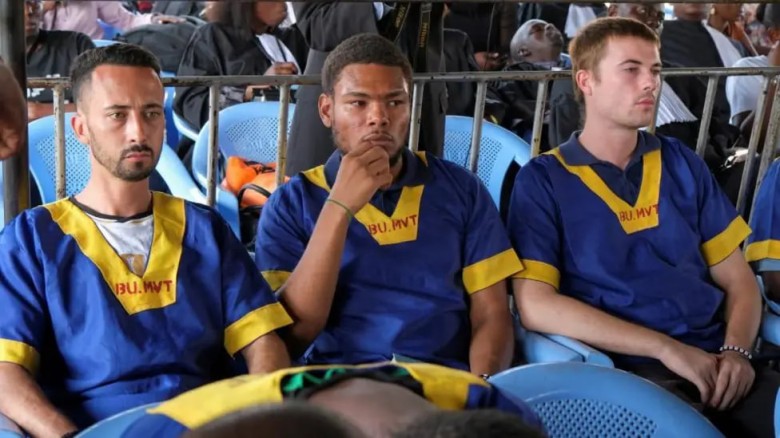
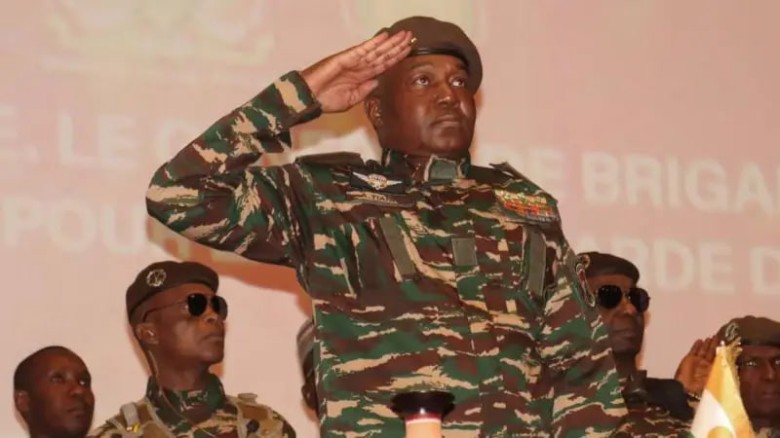











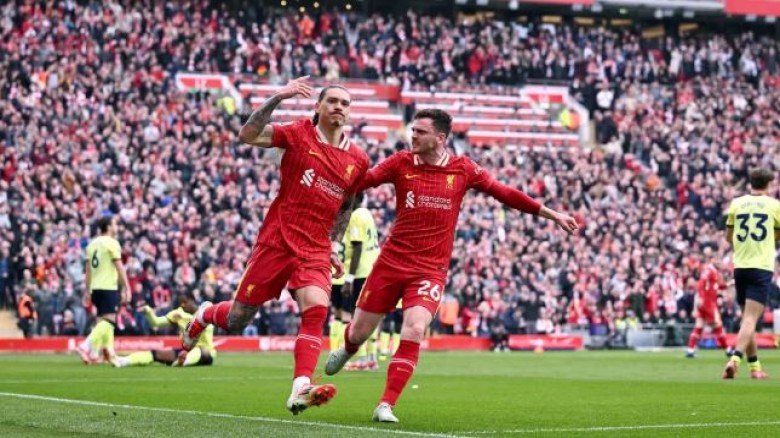

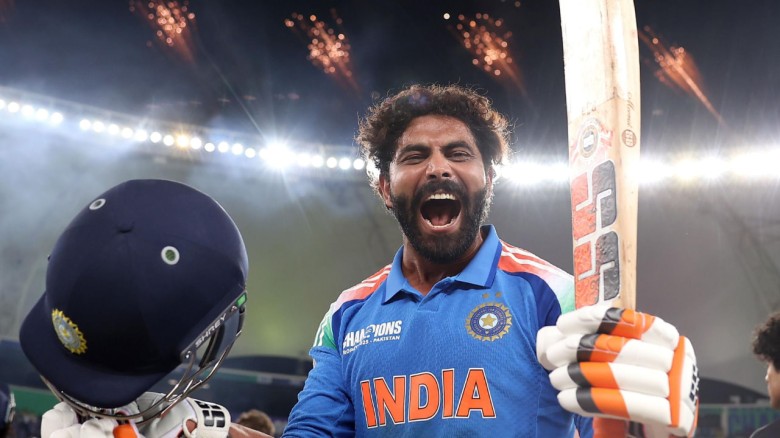
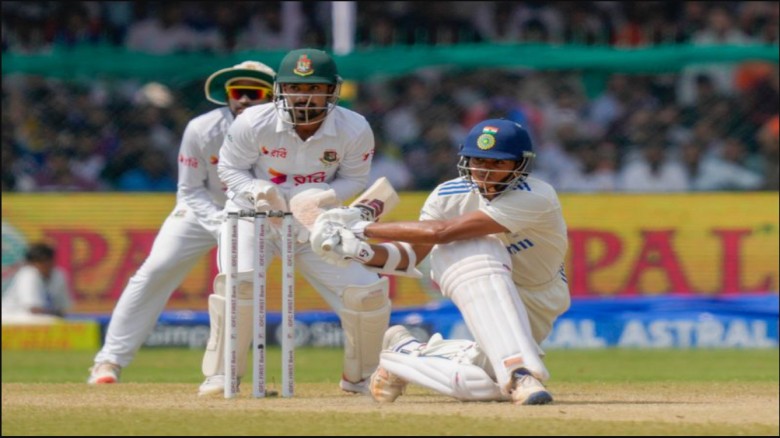


Leave A Comment